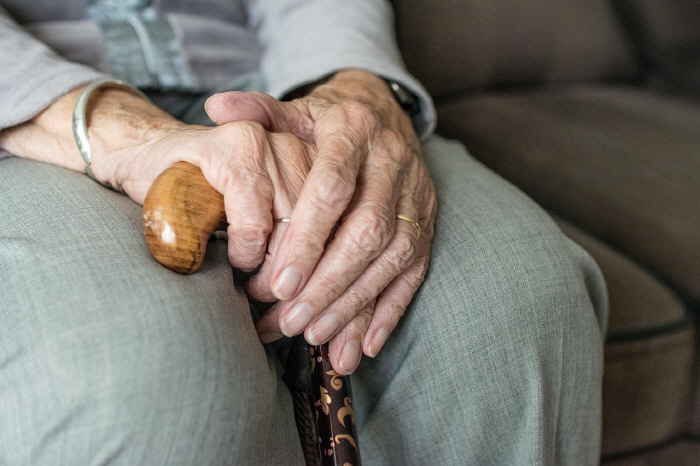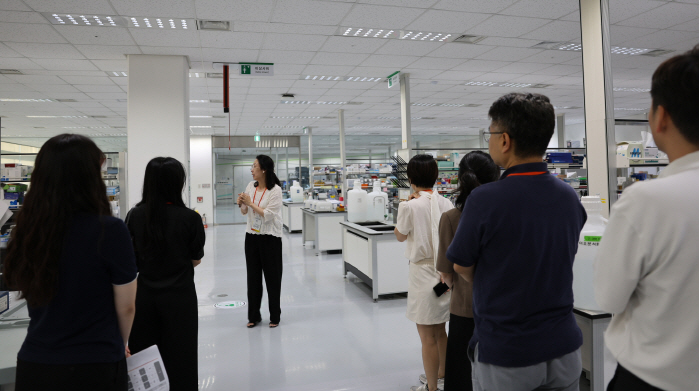Loneliness of raising blood sugar... The research team has a 34% higher risk of diabetes in the elderly who are socially isolated
Jul 14, 2025
|
At the American Endocrinology Society's annual meeting (ENDO 2025) in San Francisco on the 13th (local time), Dr. Samiya Khan of the University of Southern California (USC) analyzed the data of 3,800 people aged 60 to 84 using data from the 2003-2008 National Health and Nutrition Survey (NHANES).
In this study, the research team extracted 3833 samples that could represent 38 million elderly people aged 60 to 84 from NHANES 2003-2008 data evaluating the health and nutritional status of adults and children in the United States, and analyzed the association between social isolation and diabetes and glycemic management.
The results showed that, after correcting for the effects of other variables, the socially isolated elderly had a 34% higher risk of developing diabetes than the non-isolated elderly. In addition, the socially isolated elderly were 75% more likely to have poor blood sugar control.
The research team explained that this suggests that social isolation may be an important but often overlooked risk factor related to diabetes risk and poor blood sugar control in the elderly. Although several previous studies have investigated the link between social isolation and diabetes, the study was the first to use a national sample representing the entire U.S. population, and the results of the study are applicable at the national level.
"Doctors should recognize that social isolation may be a potential risk factor for both diabetes and hyperglycemia in older patients," Dr. Khan said.
Meanwhile, studies have consistently published that lonely people are more likely to develop type 2 diabetes. A large cohort study published in the official journal of the European Diabetes Association (EASD) also found that those who responded 'very yes' to the degree of loneliness were twice as likely to develop type 2 diabetes as those who answered 'no'.
This article was translated by Naver AI translator.














